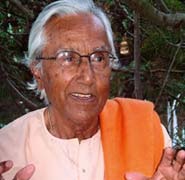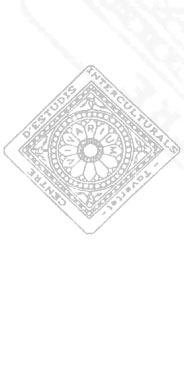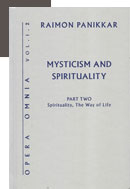

site officiel


Spirituality, the Way of Life
Vol. I, Part 2
Opera Omnia
Marykmoll, New York (ORBIS BOOKS) 2014
While the first part of Mysticism and Spirituality deals with mysticism as a supreme experience of realty, the second part focusses on spirituality as the path to this experience. Although he was well aware of the difficulty of defining modern-day spirituality with its many different paths, bound not only to traditions and religions but also to the various forms of human sensitivity and to the historical period, the author gives us a rough outline, an overall view of this spirituality with its capacity to involve Man in the fullness of its reality, as expressed in the four Greek words sôma-psychê-polis-kosmos, or body, soul, society and cosmos. However, Man also discovers a divine element that is both immanent and transcendent – and it is precisely this mysterious element, this breath, this transcendent and immanent presence, which gives all things, including Man himself, their identity.
Spirituality is like a “navigation chart” for the sea of Man’s life: the sum total of the principles directing his dynamism towards “God”, as some say, or towards a just society or overcoming suffering, as others say. We can, therefore, talk about buddhist spirituality, even though Buddhists do not talk about God; or of marxist spirituality, although Marxists are allergic to religious language. Such a broad concept of spirituality expresses rather a quality of life, of action, of thought, etc., that is not bound to any particular doctrine, confession or religion, no matter how well recognised its foundations may be.
The book starts with two booklets in which some lines of argument, developed in the context of christian religious retreats, were spelled out in the plain language of everyday speech.
The second section deals with a spirituality practised by monks, although not confined to institutional monasticism, but seen rather as a universal archetype to be found in every human being (the search for monos, union with the Divine). There follows a description of the ascetic tradition in India and, as an example of the encounter of western (christian) spirituality with indic spirituality, an article dedicated to my friend Henri Le Saux, who is an example of the fertile encounter between the two traditions.
The last section is dedicated to wisdom as the goal of positive spirituality.
